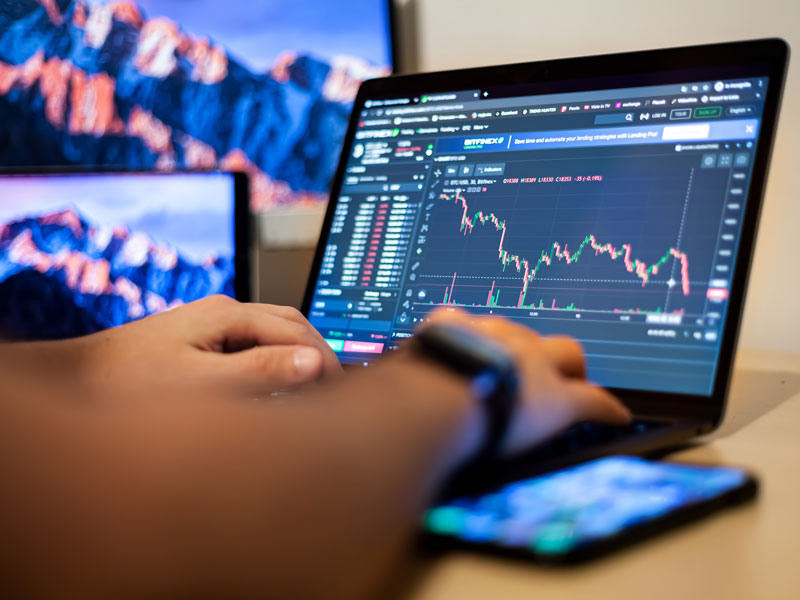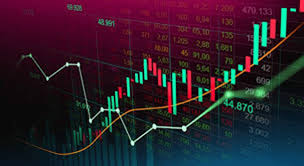
Forex trading has become an increasingly popular investment vehicle worldwide. However, for Muslims, the question arises: Is Forex trading halal or haram? To understand the religious implications, we must delve into the principles of Islamic finance and the nature of Forex trading. In this article, we will explore both sides of the debate and help you navigate this complex topic. For more information and tools related to Forex trading, visit forex trading halal or haram https://trading-terminal.com/.
Understanding Halal and Haram in Islamic Finance
In Islamic finance, the terms halal and haram hold significant weight. Halal refers to actions that are permissible under Islamic law, while haram refers to those that are prohibited. This binary classification influences various aspects of life, including finance and investments. In the context of trading and investments, it is essential to adhere to these principles to ensure that the generated income aligns with Islamic values.
What is Forex Trading?
Forex, or foreign exchange, is the act of buying and selling currencies in a global market. It is decentralized, meaning transactions occur globally rather than on a centralized exchange. Traders look to profit from the fluctuations in currency values, often engaging in leverage to amplify their potential gains. However, the fast-paced nature of Forex trading raises questions regarding its compliance with Islamic principles.
Key Principles of Islamic Finance Relevant to Forex Trading
Three main principles of Islamic finance that influence the debate on Forex trading are:
- Gharar (Ambiguity): Islamic jurisprudence discourages transactions that involve excessive uncertainty or ambiguity. Forex trading, particularly day trading, can involve speculative tactics that may fall under this principle.
- Riba (Usury): Earning interest through lending is strictly prohibited in Islam. Conventional Forex trading often involves interest on leveraged positions, known as swaps, which raises a red flag for Muslim traders.
- Maslahah (Public Interest): This principle allows for financial activities that serve the community’s interests, promoting ethical investing and fair trading practices.
Arguments for Forex Trading Being Halal

Proponents of Forex trading argue that it can be halal if certain conditions are met:
- No interest-based transactions: Islamic forex brokers offer swap-free accounts that allow traders to participate without incurring interest charges.
- Short-term trading: Engaging in short-term trades without excessive speculation could align with the principle of responsible investing.
- Transparent dealings: Conducting trades openly and ethically falls in line with Islamic principles, making it permissible.
Arguments for Forex Trading Being Haram
On the opposite end, critics argue that Forex trading generally does not adhere to Islamic guidelines:
- Speculation: Many traders engage in speculative practices, which introduces uncertainty (gharar) and can lead to irresponsible gambling-like behavior.
- Involvement of leverage: The use of leverage amplifies risks and carries the potential for substantial losses, creating financial strain that contradicts Islamic principles.
- Psychological impact: The rapid and volatile nature of Forex trading can impair judgment and promote reckless trading strategies, further raising concerns about its permissibility.
Conclusion: Is Forex Trading Halal or Haram?
The answer to whether Forex trading is halal or haram is not straightforward; it ultimately depends on individual circumstances and adherence to Islamic principles. There are significant arguments on both sides, and traders must consider their trading practices, the broker they choose, and whether they are engaging in excessive speculation or interest-based transactions. For Muslim traders, seeking guidance from knowledgeable scholars and religious advisors is essential to making an informed decision tailored to their beliefs.
Final Thoughts
In the end, whether Forex trading is halal will depend on the way you approach it. Utilizing a responsible strategy that aligns with Islamic values, choosing the right trading platform, and ensuring ethical practices can help ensure compliance with Islamic law. As always, educate yourself, do your due diligence, and consult with experts to navigate your journey effectively.
For those new to Forex trading or looking for tools and resources, consider engaging with platforms that comply with Islamic principles and offer educational content to facilitate ethical trading practices.